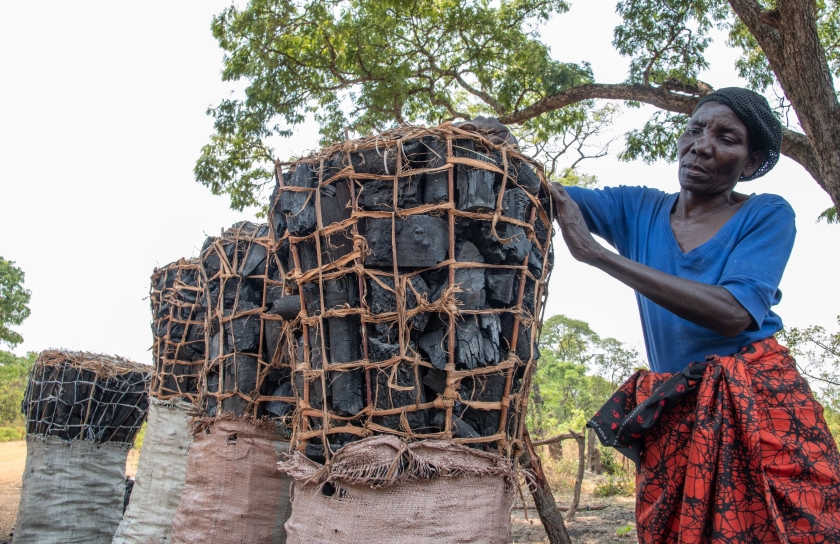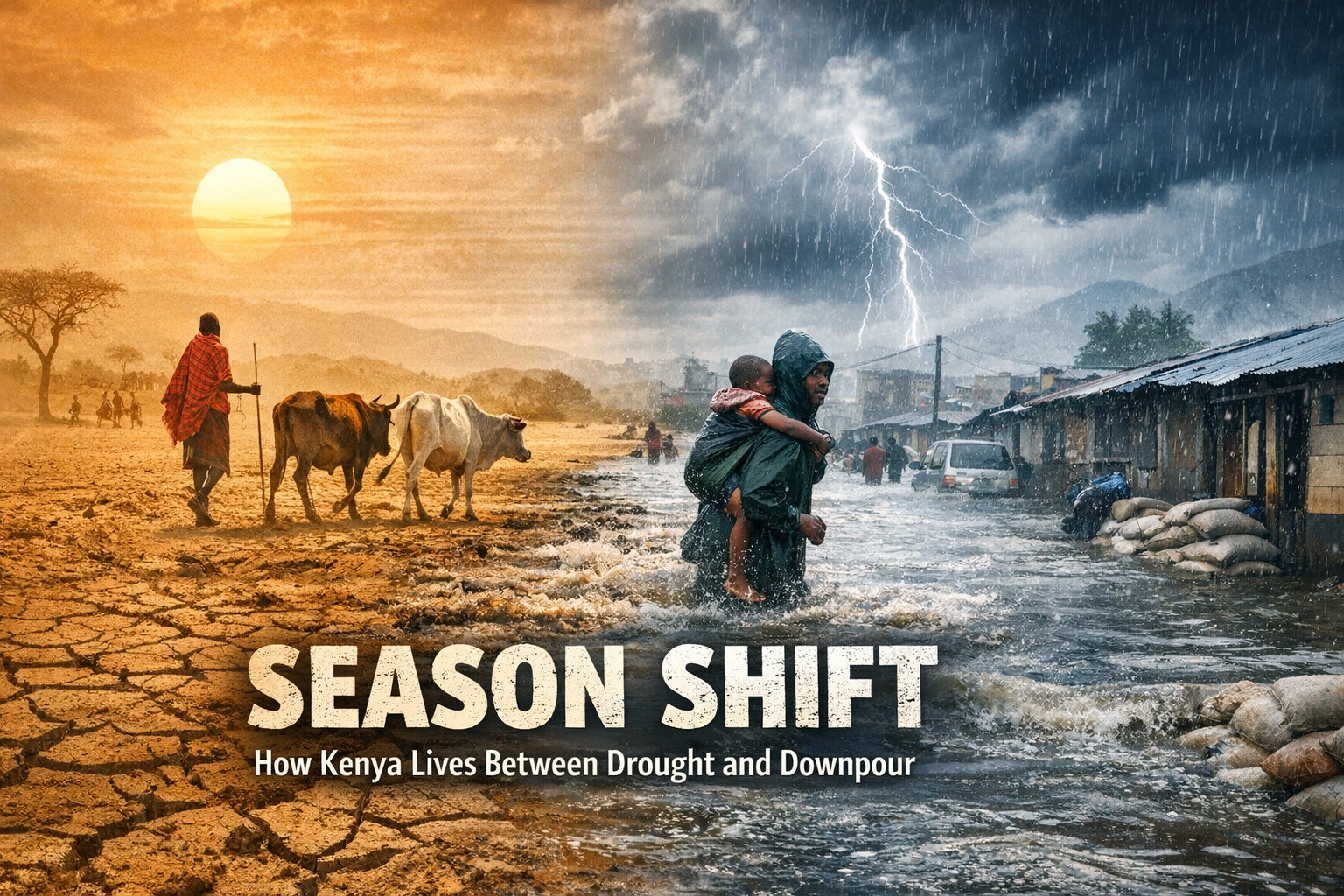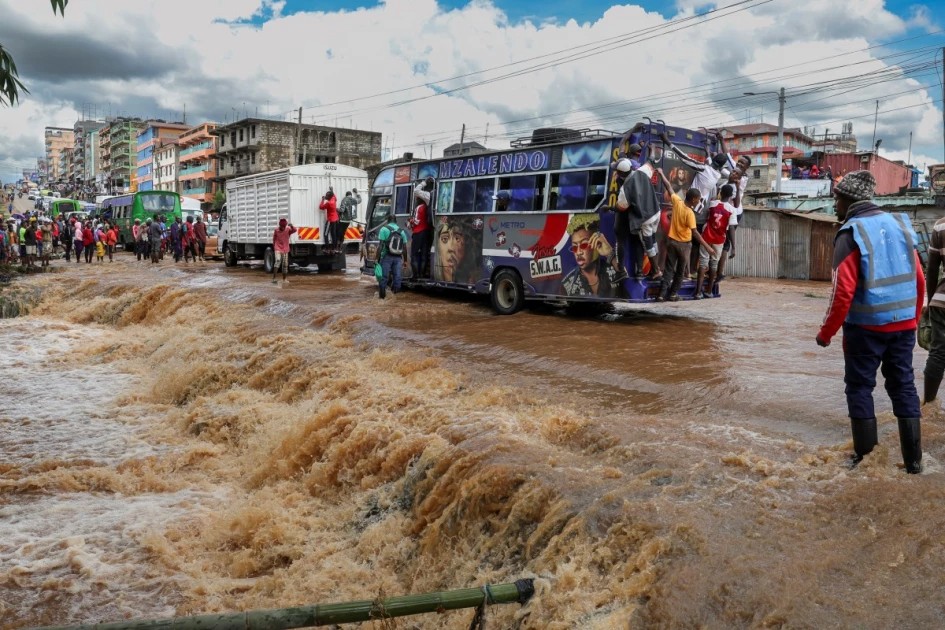- The destruction of forests for charcoal production is an environmental catastrophe that contributes to climate change, biodiversity loss, and even economic instability.
Charcoal has long been a primary source of energy in many parts of the world, especially in developing countries where electricity and gas remain expensive or inaccessible.
The practice of cutting down trees for charcoal production has become widespread. While its use might seem like a necessity, the cost of producing charcoal by burning trees is far greater than its short-term benefits.
The destruction of forests for charcoal production is an environmental catastrophe that contributes to climate change, biodiversity loss, and even economic instability.
The process of making charcoal involves cutting down trees, stacking the wood, and slowly burning it in kilns or earth mounds to remove moisture and volatile substances. On average, a single mature tree can produce approximately 3 to 5 bags of charcoal, each weighing about 50 kg.
This process releases massive amounts of carbon dioxide into the atmosphere, worsening global warming. Forests act as carbon sinks, absorbing carbon dioxide from the air, and when they are destroyed, that stored carbon is released, accelerating climate change.
Read More
Deforestation for charcoal production also disrupts ecosystems, leading to soil erosion, desertification, and reduced rainfall. In many regions, especially in Baringo, deforestation has caused formerly fertile lands to become barren, making agriculture unsustainable and threatening food security.
Recent news reports from Citizen TV highlights the alarming increase in charcoal burning in Kajiado, another region heavily affected by deforestation. The report shows vast areas of forest being cleared, leaving behind charred remains. This growing trend across different counties is a sign that urgent intervention is needed before irreparable damage is done.
Forests are home to countless species of plants and animals. The reckless felling of trees for charcoal wipes out entire habitats, pushing many species closer to extinction. From insects to large mammals, the loss of forest cover means displacement, starvation, and death for numerous creatures that rely on these ecosystems to survive.
The irony is that while humans destroy forests for energy, we are simultaneously depleting the very resources that sustain life on Earth.
Though charcoal production provides income for some rural communities, its long-term effects are economically damaging. The destruction of forests reduces agricultural productivity, increases water scarcity, and fuels conflicts over dwindling natural resources.
Many governments are now realizing that deforestation for charcoal is unsustainable and are attempting to regulate or ban the practice, but enforcement remains weak in many areas.
In Nakuru, a bag of charcoal sells for between Ksh 800 and Ksh 1,200, depending on the season and availability. In Kajiado, where charcoal production is rampant, prices range from Ksh 700 to Ksh 1,000 per bag. Despite the high prices, the profits are not evenly distributed, with middlemen benefiting the most while the local producers in Baringo and Kajiado remain trapped in a cycle of environmental destruction that offers little long-term economic security.
As someone who has witnessed firsthand the devastating impact of deforestation, I find it heartbreaking to see forests disappear at such an alarming rate. I have walked through areas that were once lush and green, only to return years later to find barren landscapes filled with stumps and dry soil.
It is frustrating that despite knowing the consequences, many people continue to burn trees for short-term gain, ignoring the long-term destruction they leave behind. I believe that we must take responsibility for protecting our environment, not just for ourselves but for future generations.
If we do not act now, we risk losing the very ecosystems that sustain life. We must push for sustainable alternatives, hold those responsible for illegal logging accountable, and educate communities on the importance of conservation.
To break free from this destructive cycle, there must be a global push toward alternative energy sources. Governments should subsidize cleaner fuels and invest in renewable energy infrastructure.
Public awareness campaigns must educate people about the dangers of deforestation and encourage the use of sustainable cooking methods. More importantly, reforestation programs should be prioritized to restore lost forests and combat climate change.
Charcoal might seem like a convenient energy source today, but its hidden costs are far too great to ignore. If we continue to burn trees for fuel, we are not only accelerating environmental degradation but also jeopardizing future generations. It is time to make the switch to sustainable alternatives before it is too late.







